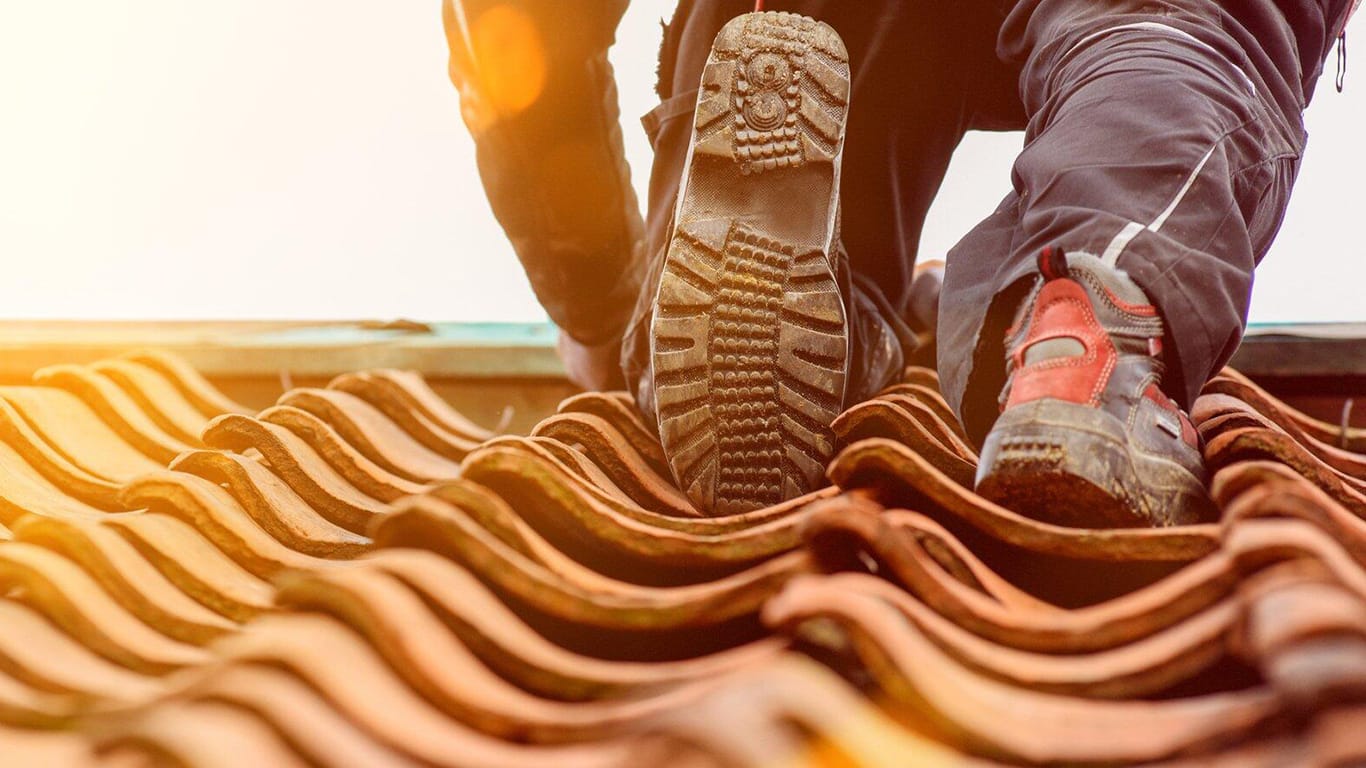All of the seasons come with their own set of challenges, but winter can be particularly harsh. Depending on where you own property, you could be forced to deal with moisture, snow, ice, hail, extreme temperatures, harsh wind storms, fallen trees, hurricanes, and other serious issues.
Unless winter feels like a continuation of Autumn, you need to prepare your properties for the season. Here are the top winter preps for landlords.
1. Insulate the pipes
Insulating your pipes is one of the most important tasks you can handle for winter. Start with insulating pipes located in outbuildings or areas that are completely exposed. Those are the pipes that are most likely to burst in winter. Foam tubing is the easiest and cheapest way to insulate water pipes, and you can pick up the supplies at any home improvement store. The foam tubes can be cut to size with any utility or pocket knife. You can also use insulation that comes in a roll that you simply wrap around the length of the pipe.
When water freezes inside of a pipe, it expands, causing the pipe to crack. When the ice melts, it results in a leak, and depending on where the pipe bursts, it can do a lot of damage. You can tell your renters to drip the faucet to keep water flowing when temperatures are set to drop below 32°F, but that still won’t guarantee the water won’t freeze. Although it’s said that moving water won’t freeze, it can and will at colder temperatures. Flowing water at 32°F might not freeze, but if it’s -15°F outside, there’s a good chance the water will freeze anyway. Insulating your pipes is essential.
2. Fix roof leaks immediately
You want to fix roof leaks before winter for several reasons. First, once you notice a leaky roof, it’s probably been collecting water for quite some time, and there’s a chance the damage is already significant. The longer you wait, the worse the damage will become. Most importantly, it’s not ideal to have your roof ripped off and repaired or replaced while it’s raining, and if your winters are particularly wet, your roofer may not have a choice about when they perform the repairs. If they wait for a dry day to work, you’ll have to deal with the leak for weeks or months while they try to schedule all of their appointments on a limited number of dry days.
The other crucial reason to fix roof leaks immediately is to avoid an emergency situation. For example, if the leak gets bigger, it can pour through the ceiling and damage your property and your tenant’s belongings. If you were negligent in fixing the roof as reported, they might be able to sue you for damages.
If you’re overwhelmed by handling big repairs, hire a property management company to handle it all for you. For example, Spring property management company, Green Residential, takes care of all maintenance and repairs for their clients, making owning investment property a hands-off business. They work with local contractors to lock in the best rates, which saves investors money on what would otherwise be full-price jobs.
3. Make sure all walkways are non-slip
As a property owner, you are responsible for injuries that occur on the property, and that may even include injuries caused by known hazards. It’s your responsibility to fix problems and maintain your property. When winter rolls around, slippery walkways are a common issue. Whether it’s the front or back porch, a pathway leading into the house from the backyard, or anything else, make sure they are not overly slippery in winter. If it gets too slippery, you might want to install grip tape or some kind of grippy finish to at least give your tenants a safe path.
4. Take down dead trees
Dead trees tend to fall during wind storms, and as October approaches, that’s the perfect time to take down dead trees that might fall on your property or in the yard. Trees can be expensive to take out, but you can sometimes get a deal when you need more than one tree removed at a time. The typical cost is between $200 and $2,000 per tree. However, if you skip this, you’re putting your property and your tenants’ safety at risk.
Winter preps are crucial
Since winter is the harshest season out of the whole year, it’s in your best interest to start winterizing your rental properties early. Don’t be caught off guard by preventable issues like burst pipes and damage from fallen trees.




